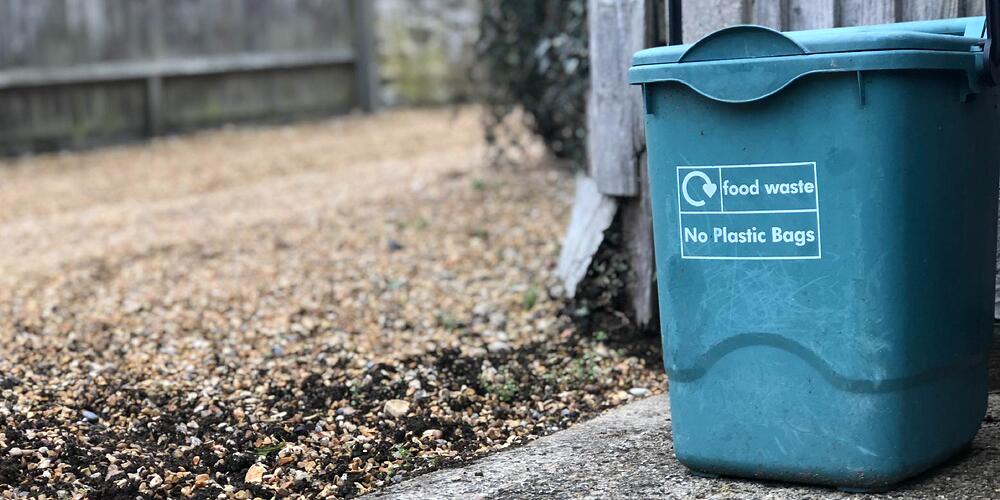We have great intentions when we load up our carts with healthy produce and fresh meats, but life is busy and sometimes those intentions don’t become reality. The result is food waste, and in growing proportions. It’s an epidemic and it’s a bad habit no matter which way you look at it.
The statistics on food waste are staggering. A recent study estimated that Canadians waste nearly 400 kilograms of food per capita each year. That figure sounds like it can’t possibly be accurate, but think about it. How many of us have gone to the store, thrown whatever looks tasty in the cart, and then gone home and decided that we actually don’t feel like cooking and then ordered in, or gone out to eat instead. How can we stop wasting food? We have a few ideas:
Plan your meals
Food waste happens when we fail to plan our consumption properly. First world privilege means that we have the luxury of having extra money to buy food, so planning isn’t always a necessity. Instead, prior to heading to the grocery, take a look at your family’s upcoming week, identify the breakfasts you’ll need to make, the lunches you’ll need to pack and the evenings that you’ll cook dinner, versus those nights where you’ll grab some fast food between work and the kids’ sports games.
Plan what you’ll serve for those breakfasts, lunches and dinners, identify which ingredients you’ll need and in what quantities and then purchase only those items that you’ve identified as needs.
Harness the power of your freezer
Most people don’t realize just how many different types of food can be preserved in the freezer. If you find yourself running out of time to eat the food in your fridge, consider ways to preserve it. That could mean turning leftover vegetables into a soup or stock to freeze. Or it can be as simple as throwing those last few strawberries and blueberries that you aren’t going to eat in a freezer-safe container for future use in a smoothie. Be creative and you’ll find lots of ways to give your would-be food waste a second life!
Fight the urge to stock up
Yes, this means fighting our basic human urge to hunt and gather. But, if you want to stop wasting food, reducing the stock in your house is key. Some people are great at managing their “inventory” and remembering what expires and when, but too many of us push our excess inventory to the back of the pantry, only to forget about it and then chuck it when it’s discovered a few months past its expiration. Discipline yourself to be realistic about the food that you and your family will consume. You aren’t really saving money if you don’t eat half of the 5 lb. sack of tortilla chips that you bought at Costco (and you’re not doing the environment any favors either!)
If all else fails, compost your scraps
While this technically still counts as food waste, at least it puts those nutrients in the wasted food back into the earth for productive use. Fortunately, many places in Ontario offer composting services, but it’s also a pretty fun and easy thing to do on your own. Simply buy (or make) a composting tumbler.
Totally eliminating food waste is an impossible goal, but most of us have a lot of room for improvement when it comes to how we can stop wasting food. See how much food waste you can eliminate with these suggestions!


